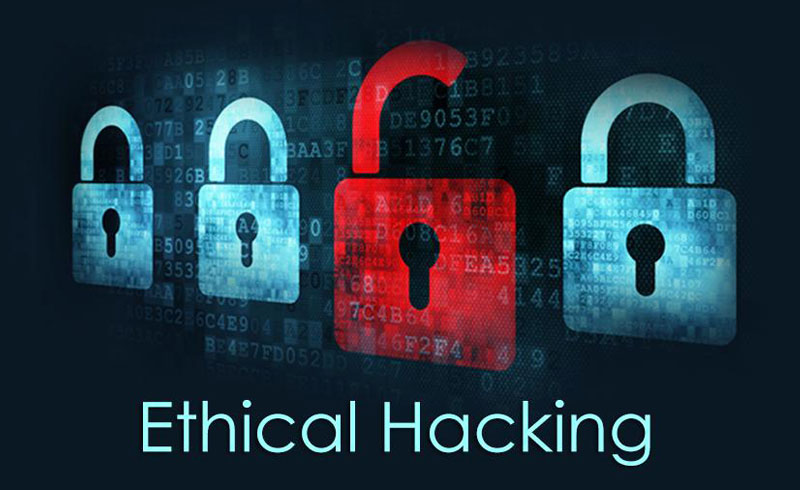
The demand for cyber security skills is reaching a crisis point in the country. Considering that UK business leaders see cyber attacks as the “most dangerous” risk for businesses in 2018, there has never been a greater need for more people to develop their skills in cyber security than now.
One of the public initiatives to address this urgent problem is the Cyber Security Challenge UK.
What is the Cyber Security Challenge UK?
The Cyber Security Challenge (CSC) UK is a set of events and programmes held across the country. Its main goal is to encourage more individuals to become cyber security professionals, whether they already have solid core competencies or are completely new to the concept.
It is a not-for-profit organisation supported by the UK government and sponsored by private companies.
The events include online and face-to-face competitions with numerous age and skill brackets, educational boot camps that present possible career development paths, and mentoring programmes.
The organisation also partners with primary and secondary schools to bring more awareness of cyber crime and security to children aged 10 to 18 years old. For college and graduate-level students, it provides qualification and apprenticeship opportunities through programmes like the Extended Project Qualification.
The Cyber Security Challenge UK Today
Since the organisation’s creation in 2009, the lack of hard data tracking–which would prove the programme’s overall value–has been a constant issue despite its success in getting people interested in the field.
Current CEO Colin Lobley has admitted as such, stating that:
“We need to get a lot better at tracking those who we engage with; I don’t think we’ve been very good at tracking and engaging all those people we speak to… The social media outreach is positive and we know we’re having an impact – we just haven’t been good at tracking the data, we need to do more.”
In addition to better performance metrics, Lobley is working on expanding the scope of career paths the organisation helps to develop (e.g. risk management, legal cyber security). The organisation is also looking to add more security information resources, and being more inclusive with their target audience.
One of the latest government programmes in bolstering the country’s cyber security skills is Cyber Discovery, which is run in conjunction with CSC UK. Started in 2017, this programme aims to build a strong foundation of interest in cyber security within the 14- to 18-year-old age bracket.
According to CSC UK Head of Education Debbie Tunstall, “With a critical skills gap looming and the cybercrime threat growing, we need to educate about cyber security while individuals are still young; piquing their interest in future cyber careers and as a result, filling the pipeline of talent.”
She further adds that the CSC UK “has years of experience in dealing with people in this age group and providing fun and educational face-to- face events and we’re delighted to bring our expertise to this innovative programme.”
Why Take the Challenge?
Apart from the skills and career opportunities you can earn from participating in the CSC UK, the competitive, gamified environment is highly conducive to learning, especially in the field of cyber security.
McAfee reports in a 2018 survey that 96% of organisations that implemented gamification achieved tangible benefits. The survey also revealed that 57% of the respondents believe gamification increases awareness and understanding of information security breaches.
The competitions that CSC UK holds incentivises individuals to perform at their best under pressure. They also provide avenues where social interactions are possible, allowing for teamwork and communication skills to be honed. These abilities are crucial to the real-life application of cyber security solutions, and they are not as easily developed in the traditionally passive classroom lecture setting.
Complement Your Cyber Security Education
While the CSC UK presents an innovative learning method to becoming a cyber security professional, it is but one of the many ways.
Take advantage of the shared resources and unique opportunities it offers, especially with integrating yourself into the wider community of IT experts. Do, however, use it to complement your overall educational experience with cyber security courses to further advance in this industry.


